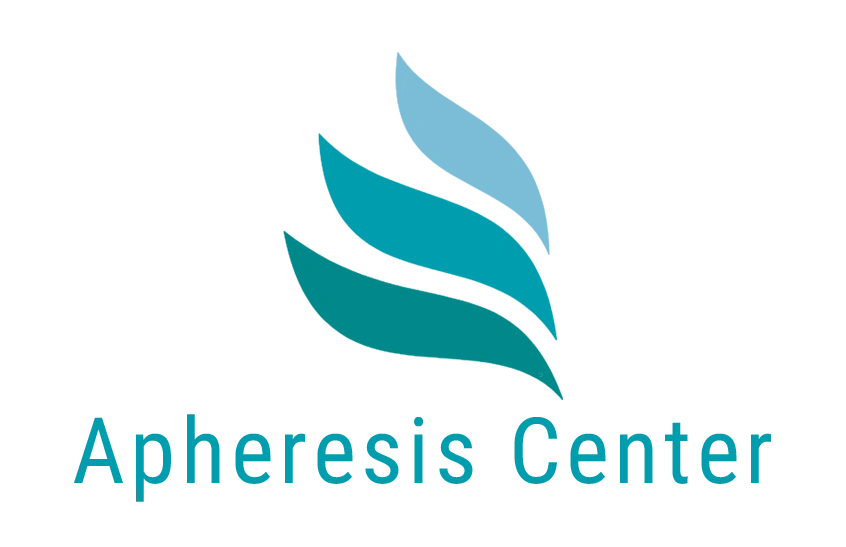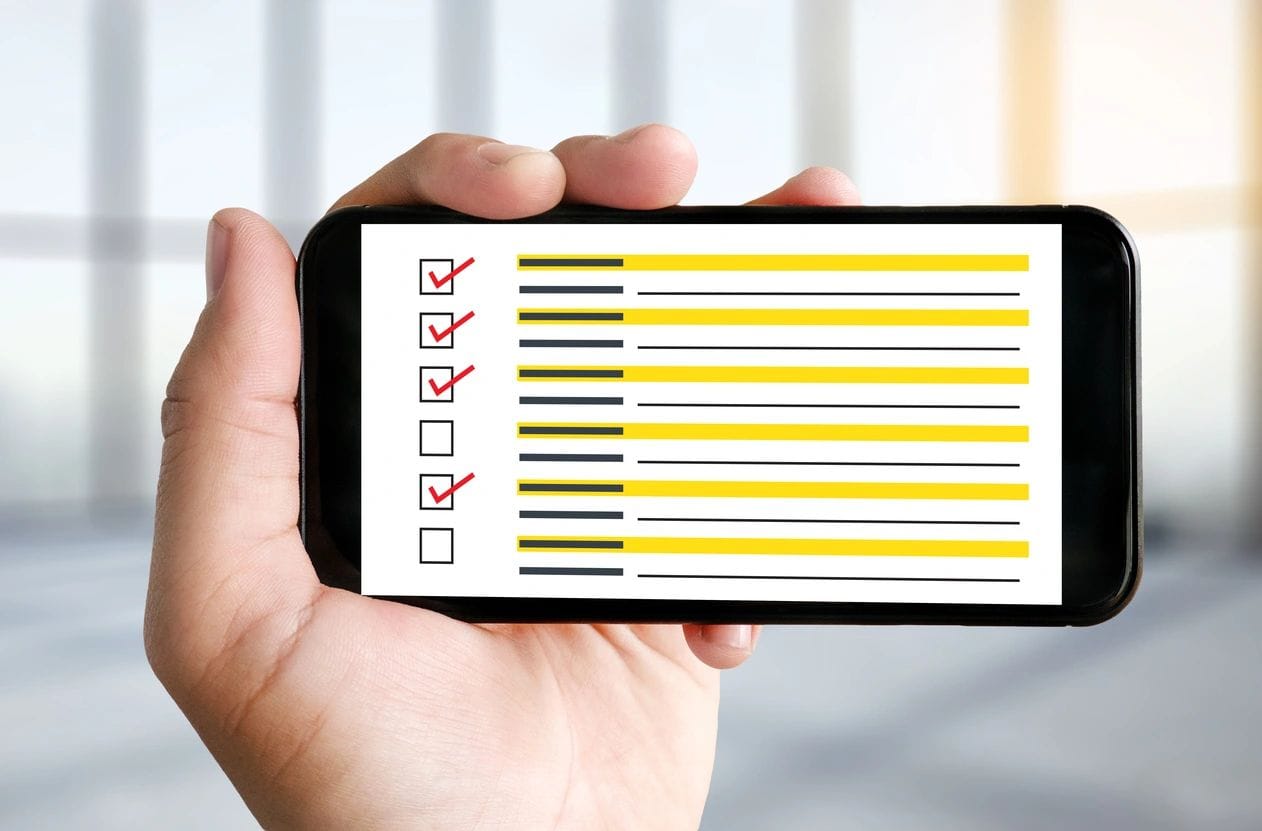المؤلف: تانيا والسر
Long COVID recovery can feel like a marathon without a finish line. With fluctuating symptoms, fatigue that doesn’t go away with rest, and a frustrating lack of answers, it’s no wonder so many people feel overwhelmed. While much of the focus understandably falls on physical healing – nutrition, pacing, gentle movement – there’s a powerful and often underestimated piece of the puzzle: stress management. Managing stress isn’t a “nice to have” add-on. It’s a central pillar of your healing process.
سنستكشف في هذا المنشور كيف يؤثر الإجهاد المزمن على الجسم خلال فترة التعافي الطويلة من كوفيد-19، وسبب أهمية إعطاء الأولوية للراحة وتنظيم الجهاز العصبي أكثر من أي وقت مضى، وبعض الاستراتيجيات اللطيفة والواقعية لمساعدتك على تقليل التوتر ودعم قدرة جسمك على الشفاء.
حلقة أعراض التوتر والإجهاد
If you’re living with Long COVID, you’re likely familiar with the boom-and-bust cycle: a few better days followed by a crash that sets you back. Stress – whether emotional, physical, or environmental – can play a big role in triggering these crashes.
عندما نتعرض للإجهاد، تدخل أجسامنا في وضع "القتال أو الهروب"، حيث تفرز هرمونات مثل الكورتيزول والأدرينالين. هذه الاستجابة مفيدة في فترات قصيرة، ولكن عندما يكون التوتر مزمنًا، يصبح ضارًا. يبقي التوتر المستمر جسمك في حالة تأهب شديد، مما يمنع نوع الشفاء العميق الذي يحدث أثناء الراحة والإصلاح.
For those in Long COVID recovery, this stress response can worsen fatigue, brain fog, sleep problems, and even pain. The body stays locked in survival mode, prioritising immediate threats over long-term repair. That’s why calming the nervous system – gently and consistently – can be one of the most impactful things you do.
لماذا تُعد إدارة الإجهاد أمرًا ضروريًا في التعافي الطويل من كوفيد-19
The nervous system acts like the body’s internal switchboard, constantly sending and receiving signals. In chronic illness, this communication gets disrupted. Long COVID seems to dysregulate multiple systems at once – including the immune system, autonomic nervous system, and endocrine system. Stress intensifies this disruption.
إليك كيفية تأثير الضغط النفسي على التعافي الطويل من كوفيد-19:
- زيادة الالتهاب: يعزز الإجهاد المزمن العمليات الالتهابية، والتي تكون مرتفعة بالفعل لدى العديد من الأشخاص المصابين بفيروس كورونا المستجد (كوفيد-19) لفترة طويلة.
- Sleep quality declines: Stress makes it harder to fall and stay asleep – robbing your body of one of its most important healing tools.
- تفاقم مشاكل الجهاز الهضمي: يؤدي الإجهاد إلى إضعاف عملية الهضم وامتصاص العناصر الغذائية، مما يجعل من الصعب على جسمك الحصول على ما يحتاجه لإصلاح الأنسجة وتنظيم الهرمونات.
- Energy production suffers: Mitochondria – the powerhouses of your cells – don’t work well under chronic stress, contributing to the crushing fatigue so many experience.
لا يتعلق الأمر بالتخلص من كل الضغوطات (فهذا أمر مستحيل، والضغط للقيام بذلك يمكن أن يضيف المزيد من التوتر!) وبدلاً من ذلك، يتعلق الأمر بإيجاد طرق لتحويل جهازك العصبي بلطف إلى حالة من الراحة والهضم، حيث من المرجح أن يحدث الشفاء.
كيف يبدو التوتر في الحياة الواقعية
لا يكون الإجهاد دائمًا دراماتيكيًا. فغالبًا ما يظهر بطرق خفية ولكنها مستمرة: الإفراط في التفكير، والبحث المستمر عن الأعراض، والقلق بشأن المستقبل، والضغط النفسي من خلال الإرهاق لمواكبة المتطلبات اليومية.
إذا شعرت أن أياً من هذه الأمور مألوفة، فأنت لست وحدك:
- تشعر بالذنب للراحة
- أنت قلق من أنك لا تفعل "ما يكفي" للتعافي
- تشعر بالتوتر في جسمك معظم اليوم
- يتسارع عقلك عندما تحاول النوم
- تشعر بالضعف العاطفي أو الإرهاق في كثير من الأحيان
لا شيء من هذه العلامات يدل على الفشل. إنها علامات على أن جهازك العصبي يعمل لوقت إضافي. الخبر السار؟ يمكنك البدء في تهدئته، ولو بطرق صغيرة.
تهدئة جهازك العصبي: ما الذي يساعد في الواقع؟
You don’t need to overhaul your life or spend hours meditating to make a difference. In fact, small, consistent actions are often more effective – and sustainable – than dramatic changes. Here are some nervous-system-friendly practices that support Long COVID recovery:
1. عمل التنفس الآمن والمهدئ
Try breathing out longer than you breathe in – for example, inhale for 4 counts, exhale for 6. This activates the parasympathetic nervous system (the calming part of your nervous system) and can help bring your body out of stress mode.
حتى لو كان ذلك لمدة 2-3 دقائق فقط عدة مرات في اليوم يمكن أن يساعدك.
2. الحدود مع المعلومات
It’s easy to fall into research spirals when you’re looking for answers. But consuming too much information – especially when it’s conflicting or alarmist – can spike anxiety and worsen symptoms. Set time limits on symptom research, or take breaks from social media and forums if they leave you feeling drained.
3. الطقوس المهدئة
ابحث عن بعض الأشياء التي تشعر بالراحة الحقيقية وكررها كثيرًا. قد تكون حماماً دافئاً أو شاي أعشاب مفضل أو موسيقى هادئة أو برنامج تلفزيوني مألوف. تساعد الطقوس دماغك على الشعور بالأمان من خلال التكرار والألفة.
4. الطبيعة، ولو بجرعات صغيرة
Spending time in nature – even just sitting in a garden or watching trees through a window – can regulate the nervous system. If you’re too unwell to go out, try listening to nature sounds or watching calming nature videos.
5. التأريض من خلال الحواس
اجلب وعيك إلى جسدك باستخدام اللمس أو البصر أو الصوت أو الرائحة. على سبيل المثال، أمسك حجراً ناعماً أو تحسس ملمس بطانية أو استنشق زيتاً عطرياً مهدئاً مثل اللافندر. تساعدك هذه التجارب الحسية على ترسيخك في اللحظة الحالية وتبعدك عن التوتر.
6. التعاطف مع الذات
One of the most healing practices is being kind to yourself. Long COVID recovery is not linear. There will be setbacks. Instead of beating yourself up, practice gentle acceptance: “I’m doing the best I can with the energy I have today.”
ماذا لو كنت مرهقًا جدًا لتخفيف التوتر؟
That’s okay. Many stress management strategies can be adapted to your energy levels. If even meditation feels like too much, try “non-doing” – simply lying down in a quiet space with no expectations. Let your body rest without a goal. That in itself is powerful.
الصورة الأكبر: خلق الأمان
At the heart of all stress reduction is this question: “How can I help my body feel safe?”
Your body can’t heal when it’s bracing for a threat. Long COVID already puts it on high alert. Each moment you offer it a cue of safety – whether through a soothing sound, a loving thought, or a moment of rest – you’re nudging it toward repair.
Stress management isn’t separate from Long COVID recovery. It is recovery. It’s the fertile soil in which your healing can take root.
If you’re navigating the ups and downs of Long COVID recovery, remember that your body is trying – every single day – to find balance again. Reducing stress isn’t about doing more. It’s about doing less, more gently, and more intentionally.
ابدأ صغيراً. نفس واحد مهدئ. قيلولة واحدة خالية من الشعور بالذنب. كلمة طيبة واحدة لنفسك. ومع مرور الوقت، تتراكم هذه اللحظات.
أنتِ لستِ محطمة. أنتِ تتعافين.
If you’re curious about how functional medicine health coaching could help in your own Long COVID recovery, Tanja offers a free 20-minute conversation to explore what next steps might feel most supportive for you. Click here to book a time that suits you.


